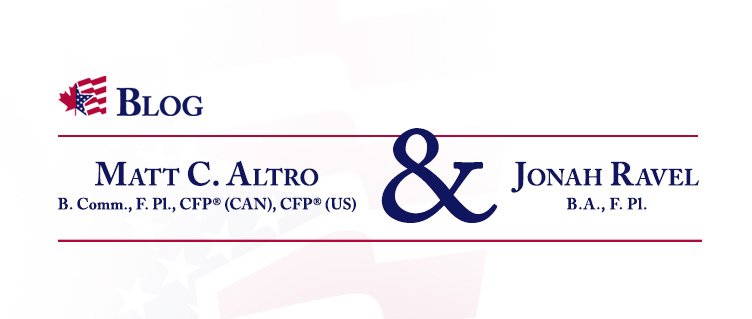The EB-5 Immigrant Investor Visa, sometimes referred to as the “gold card,” has become a popular U.S. immigration route for high net worth individuals over recent years. The EB-5 program, administered by U.S. Citizenship and Immigration Services (USCIS), gives a foreign investor, along with his or her spouse and unmarried children under 21, the opportunity to become green card holders, i.e., lawful permanent residents, within a relatively short turnaround time. The investor receives a green card with conditions that can be lifted after two years in exchange for a minimum qualifying investment of $1 million U.S. dollars (or $500,000 in a “Targeted Employment Area,” discussed below) in a new commercial enterprise that creates or preserves at least ten full-time jobs within two years for U.S. workers. Initially an underutilized program after it was first introduced in 1990 to stimulate the U.S. economy through foreign investment, the EB-5 program has undergone changes over the years designed to make it more appealing to foreign investors. Investment from China in particular has soared, spurring massive commercial development in Las Vegas, for example, and causing the annual quota of 10,000 visas to be reached for the first time in August 2014. Approximately 80% of the demand for EB-5 visas now originates from China, which has heightened even more since Canada terminated its own foreign investment immigration program in March 2014.
One of the key changes that enhanced the appeal of the EB-5 program was first introduced as a pilot program in 1993, has been extended several times, and is now up for renewal again on September 30, 2015. This pilot program reduced the minimum qualifying investment from $1,000,000 to $500,000 USD for foreign investment in a Targeted Employment Area (TEA), defined as either a rural area or an area with high unemployment of at least 150 per cent of the national average rate. Another change to the pilot program introduced in 2002 allowed the $500,000 minimum investment to be made via approved Regional Centers. This enhancement to the program, ideal for retirees or others not interested in the day-to-day management of the business, allows the foreign investor to delegate the management of the business to the Regional Center and even live in a different U.S. location. This change also relaxed the former requirement of creating ten full-time jobs for U.S. workers within two years by replacing it with a lower threshold allowing indirectly created jobs via the Regional Center economy to count toward the requirement. Approximately 90% of EB-5 applications are now Regional Center-affiliated.
With the September 30, 2015 renewal date approaching, legislative changes to the EB-5 program are coming. It is widely believed that the Regional Center program will be extended and possibly even become permanent. There are currently separate bills before the House of Representatives and the U.S. Senate, both of which aim to make substantial reforms to the program, which has reportedly faced accusations of fraud and abuse. The bill currently before the House, H.R. 616, the American Entrepreneurship and Investment Act of 2015, would make the Regional Center program permanent, while introducing reforms to enhance transparency and accountability. The bill before the Senate, S.1501, the American Job Creation and Investment Promotion Reform Act of 2015, would extend the program for five years, overhaul it with extensive anti-fraud measures, and most importantly, raise the minimum investment threshold in a TEA from $500,000 to $800,000, and from $1 million to $1.2 million for investments outside of a TEA.
For those clients who are contemplating the investor visa path to a U.S. green card, it is important that they be aware of the upcoming September 30, 2015 deadline, by which time the minimum investment may very well jump by 60% to $800,000 from $500,000. To discuss any questions you may have concerning the EB-5 investor visa, please contact MCA Cross Border Advisors Inc. and it will be our pleasure to assist you.
Talk to one of our advisors at MCA to explore how the advantages of moving to the US would be beneficial to you.

